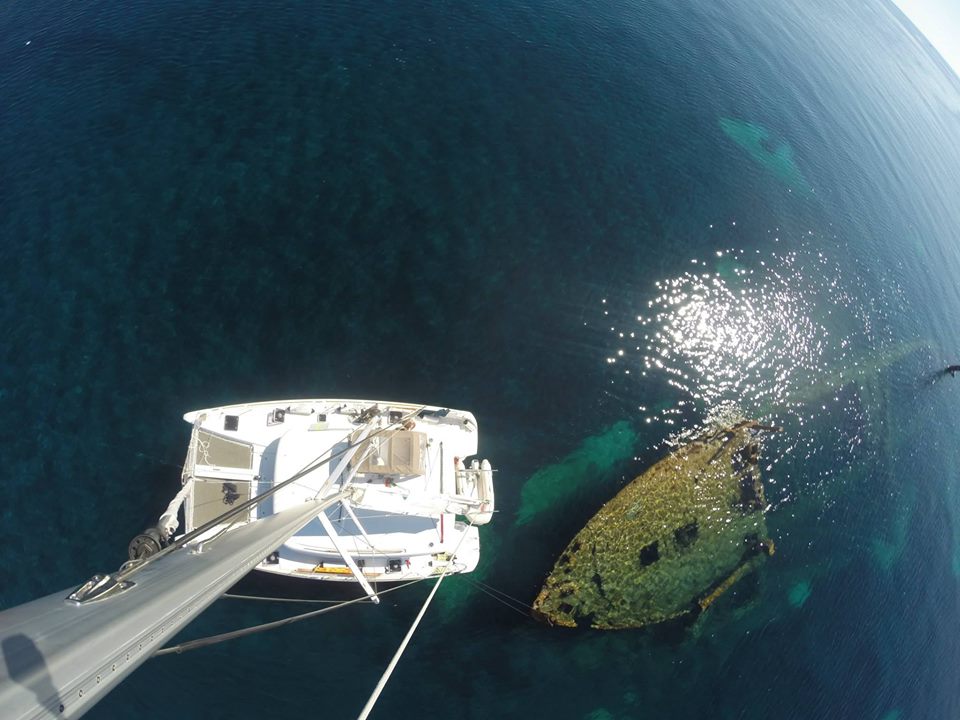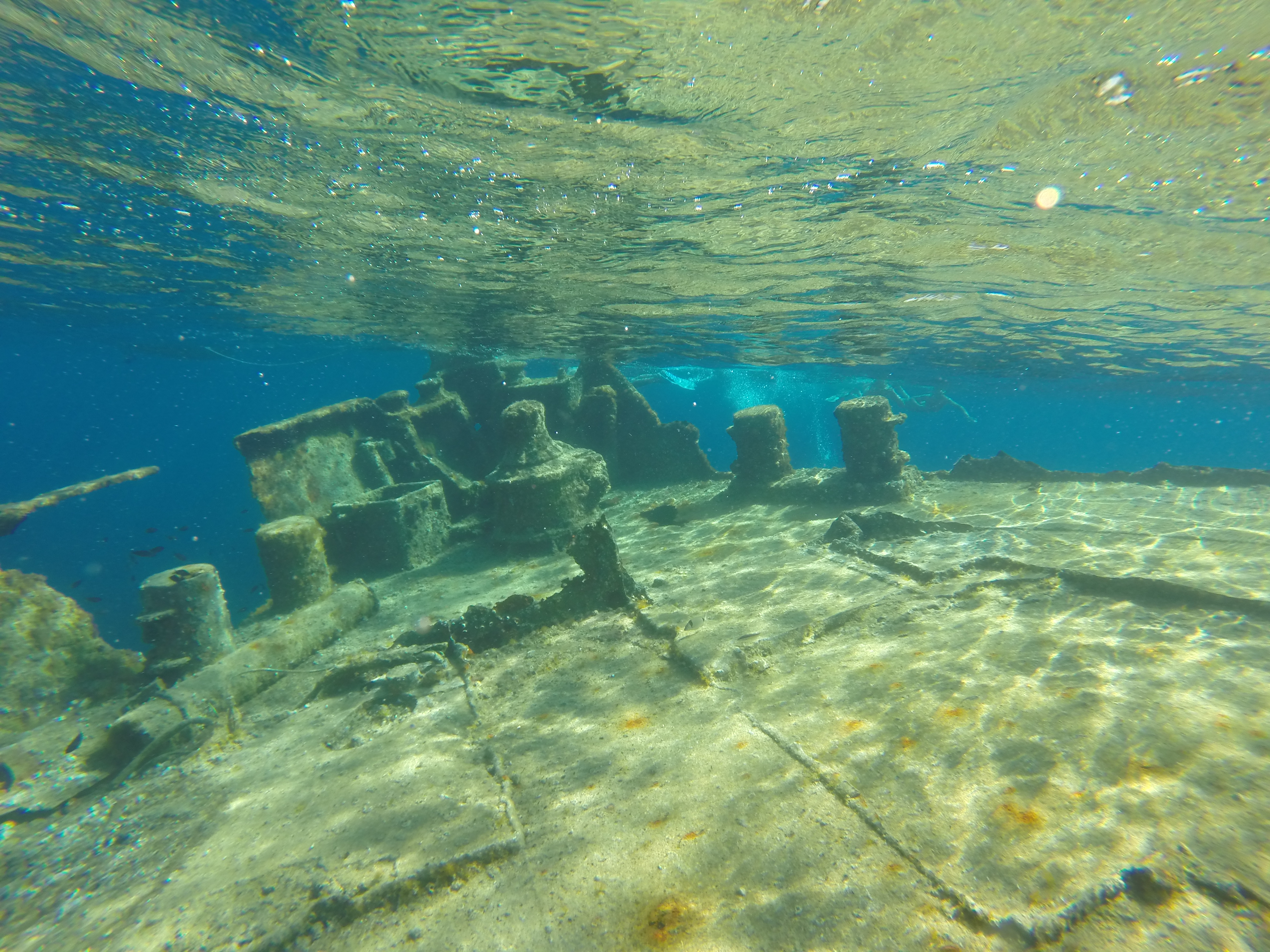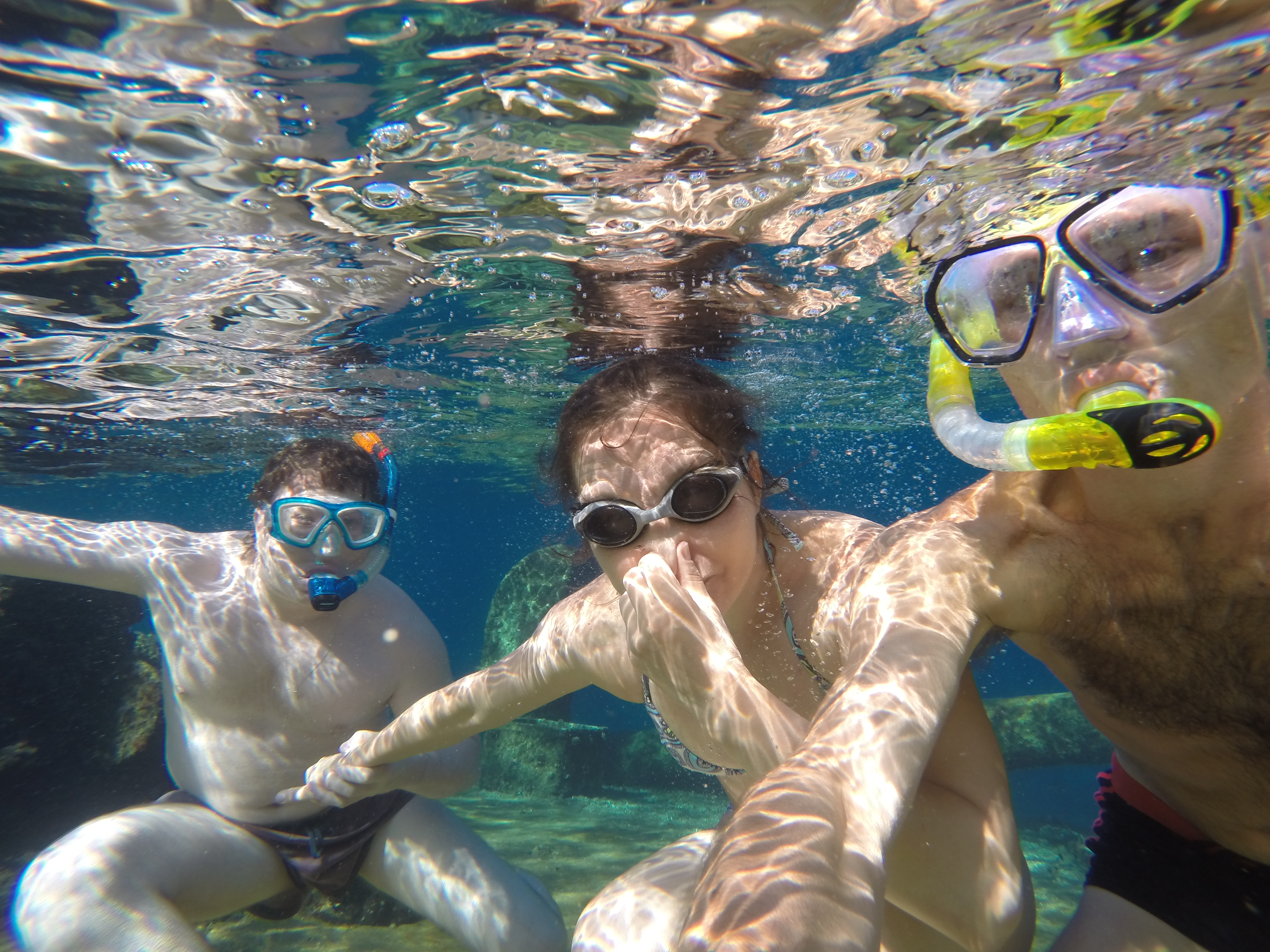
What do you need to know about diving in Croatia?
Combining sailing vacation on a catamaran and scuba diving can be a win-win combination
Croatian underwater hides over 116 locations of sunken ancient ships, shipwrecks from II. world war, reefs and caves.
Scuba diving in the
Organized diving
For organized diving in the Republic of Croatia, it is necessary to be a member of a diving center, a diving association, or other legal or natural person registered for performing underwater activities in the Republic of Croatia.
Individual diving
For individual diving in the Republic of Croatia, it is necessary to obtain a permit for individual diving, which can be done at any port cape (Pula, Rijeka, Senj, Zadar, Šibenik, Split, Ploče, or Dubrovnik) or port captainship.
It is advisable to contact port captain's personnel for a term-related agreement, especially prior to the start of the
You can check the port captain's contacts at the Ministry of Sea, Transport, and Infrastructure website.
What is the cost of diving license?
| Scuba Diver, around 2 days | 260,00 EUR | 1950,00 HRK |
| Open Water Diver, 3 – 4 days | 420,00 EUR | 3150,00 HRK |
| Upgrade Scuba Diver do Open Water Diver, around 2 days | 240,00 EUR | 1800,00 HRK |
| Advanced Open Water Diver, 5 dives | 340,00 EUR | 2550,00 HRK |
What are the rules of safe diving?
Diving areas must be clearly marked by setting are or orange buoy in the center of the area, or by displaying a diving flag from a high place on the boat being used to dive from. You may dive in most places along the Adriatic, but there are some areas where diving is restricted, forbidden, or requires a special license.
- in ports, entrances to ports, anchorage areas, and areas frequented by heavy traffic
- diving is not allowed in special marine reserves and nature parks such as Maloston Bay, Lim Channel, and Telascica and in the national parks of Brijuni and Krka
- within 100 meters of military ships at anchor or guarded military installations
Guidelines for safe diving
- Never ever dive alone
- Always mark your diving location
- Do not collect „souvenirs“
- Do not touch marine organisms, do not feed them or disturb them in any way
- Make sure your equipment is well maintained and serviced
- Make a diving plan which includes time, depth, minimal air pressure in bottles, diving direction, and emergency procedure
- If you come across any dangerous or explosive items, don’t touch them, but notify the police or port authority
- Abide by all laws connected to diving
Diving supervision is under the jurisdiction of port authorities, maritime police and the maritime ministry. For not abiding by the rules, fines are up to 2.000,00 EUR.

 EN
EN





